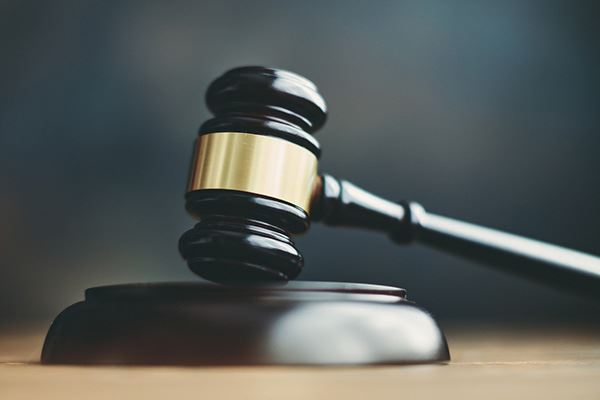
-
Your Rights MatterAttorney Hallack understands that clients need a combination of aggressive yet compassionate counsel at this time.
-
Genuine. Diligent. Ethical.Don't choose a Chicago defense lawyer who is in it for the money. I genuinely want to help you straighten out your life!
-
Free Case ConsultationWhen the stakes are high, you will need a defense strategy that can aggressively and effectively combat any allegations!
Combinations of White-Collar Crime Charges in Chicago
Can I Get Multiple White-Collar Crime Accusations?
Federal white-collar criminal offenses such as fraud, bribery and other money-related crimes carry serious penalties. Unfortunately, it is common for defendants to face combinations of white-collar crime charges relative to each alleged act.
The Associated Press discussed what charges, if any, are going to be brought against the Illinois Speaker of the House of Representatives, the longest-serving House Speaker in the nation. A recent federal filing concerning a decades-long bribery scheme supports the popular prediction that the House Speaker will be charged soon. The federal filing named “Public Official A” as the target of the scheme and described Public Official A as the “Speaker of the House of Representatives.”
In the past, federal charges against public officials who participated in bribery schemes and other corrupt practices have varied but almost always include multiple charges. Continue reading to view some examples.
Bribery and Tax Fraud Charges
A former Illinois state senator pleaded guilty to bribery charges in 2020. Bribery can include paying money to a public official in return for a favor or anything else of value. Because the senator allegedly accepted money in the bribery scheme and failed to report it as income, he did not pay federal income taxes on the money and, as a result, allegedly defrauded the IRS. Thus, federal tax fraud charges were added to his bribery charges.
Tax fraud charges can occur if a defendant accepts money in a bribery scheme and fails to report it or pays money in a bribery scheme and attempts to conceal where the money went. Tax fraud defendants often claim payments are charitable donations or business expenses.
Charges of Offenses, Attempted Offenses and Conspiracy to Commit Offenses
Defendants can be charged with underlying acts, attempted underlying acts and conspiracy to commit the underlying acts, even if such acts were not successful. For example, the former Illinois governor who was convicted of over 20 white-collar criminal offenses in 2011 was charged with several combinations of offenses surrounding attempts to try to “sell” an empty U.S. Senate seat.
Additionally, his brother was charged with wire fraud, extortion conspiracy, attempted extortion and bribery conspiracy in connection with the former governor’s scheme. Often, charges of attempted crimes and conspiracy to commit crimes can carry the same penalty as the underlying crime.
Wire and Mail Fraud Charges
It is easy for federal prosecutors to simply “tack on” mail or wire fraud charges to a range of white-collar crimes. As the original article points out, wire fraud charges can be added when a phone or other electronic device is used in furtherance of a crime, which occurs in almost every instance. The same can be said for mail fraud charges, which can be brought anytime the postal service or another delivery service (such as UPS or FedEx) is used in furtherance of a crime.
Wire and mail fraud convictions can carry up to 20 years in prison. However, if the mail fraud crime is connected to a national disaster or emergency, or involves a bank or other financial institution, the punishment can increase to up to 30 years in prison.
Contact an Experienced White-Collar Criminal Defense Attorney in Chicago
If you are under investigation for any federal white-collar crime, you must have an attorney with experience in federal criminal defense and jurisdictions. Contact attorney Thomas Hallock at (888) 412-3741 or fill out the online form to discuss your case for free.


Helpful Tips From Me To You
How To Properly Exercise Your Constitutional Rights
-
What You Should Do
- Be respectful.
- Calmly record the interaction.
- Ask if you are free to leave. If you do not ask, the officer may think - and the judge may agree - that the interaction is consensual.
- If you are free to leave, go! If you are not free to leave, do not answer any questions before speaking with your attorney.
-
What You Should Not Do
- Do not physically resist arrest.
- Do not become aggressive or confrontational.
- Do not consent to a search. The Constitution does not apply if you consent.
- Do not answer questions without first speaking with your attorney. Police are allowed to hold you for 48 hours and they may lie to you the entire time.



